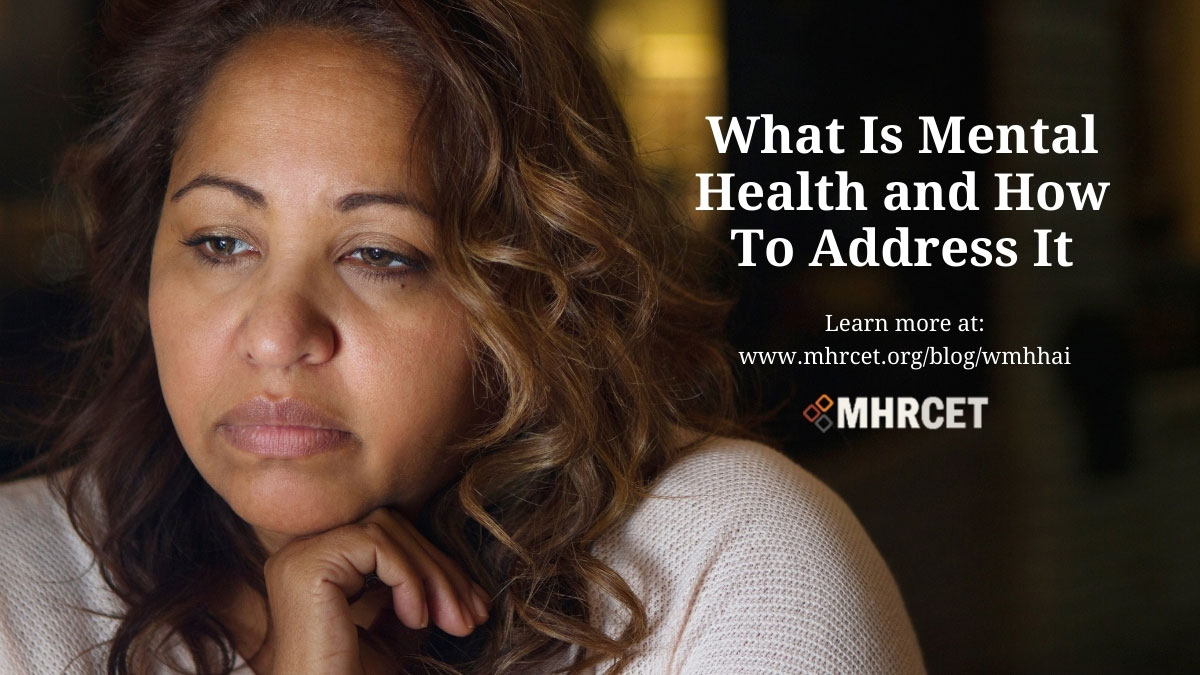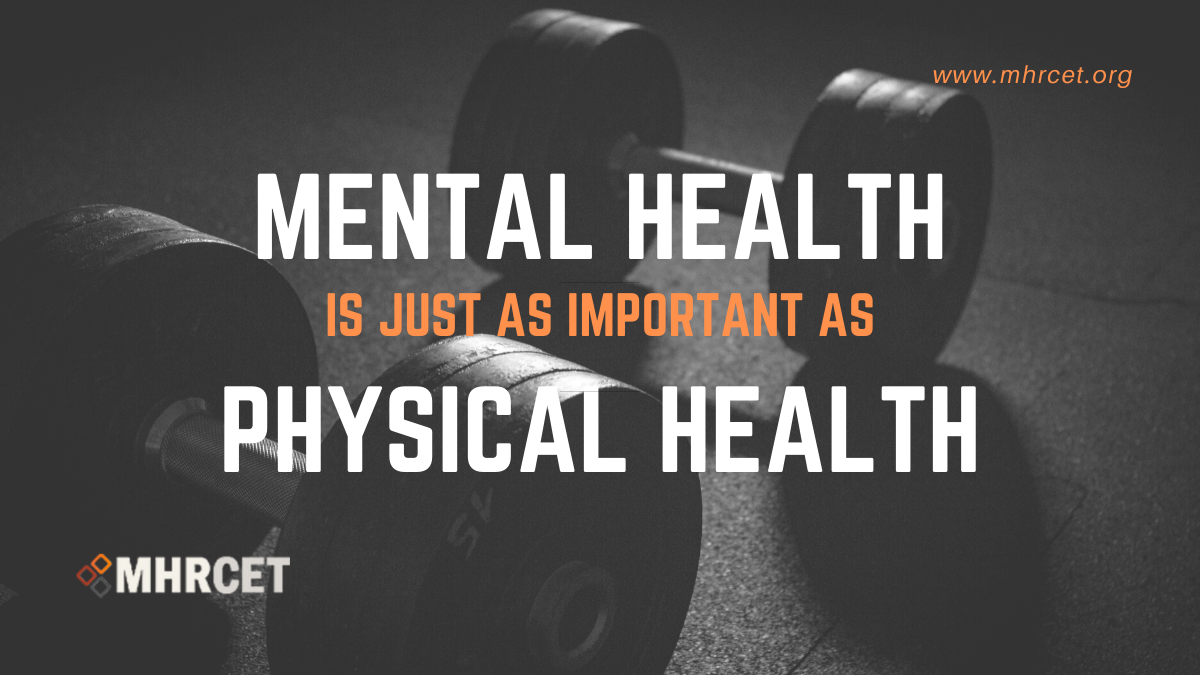by Thenushaa Kandiah
In a time where law enforcement is called upon to handle a range of situations, the importance of mental health training becomes more and more apparent.
According to a 2004 study conducted by the San Jose State University, 10 to 15 percent of people in jails, as well as federal and state prisons have severe mental illness. Those with chronic and severe mental illness were often wrongfully incarcerated due to unavailability of resources such as adequate hospital care and support systems for mentally ill people. Unfortunately, there is also a mentality of ‘amending over solving’, where law enforcement officers generally believe that incidents involving mentally ill individuals can be ‘solved’ quicker through the existing criminal justice system, rather than a novel or improved mental health system.
This study points to a glaring issue in a law enforcement structure: the lack of emphasis on mental health crisis training brings a variety of preventable consequences. Without proper training, police officers may not be able to recognize mental illness in an individual, and confuse signs of a crisis as a situation that warrants excessive force.
There are many different Police-Mental Health Collaboration (PHMC) programs as established by the Bureau of Justice Assistance, below are a few examples:
- Crisis Intervention Team (CIT) Training: A 40-hour curriculum taught over five days, that both emphasizes understanding mental illnesses as well as relevant communication skills, practical experience, and simulated scenarios. This training also includes learning from mental health professionals, individuals with mental illnesses, and family members of those with mental illnesses.
- Mental Health First Aid for Public Safety: An 8-hour course specifically for police and other law enforcement officials; designed to create a better understanding of mental illnesses and addictions. Also provides methods to de-escalate and stabilize without compromising the safety of the individuals involved.
- Peers and Families in Training: A program which brings together police officers and those affected by mental health crises to discuss experiences as well as topics such as inaccessibility to adequate mental health treatment, interactions with law enforcement, and the stigma surrounding mental illnesses.
Many law enforcement departments are also integrating mental health training into existing programs. According to the Commission on Peace Officer Standards and Training (POST), “Peace officers in California and across the nation are frequently called upon to manage incidents involving people with mental illness in crisis. Specialized training on the topic of mental health helps to prepare peace officers to resolve these incidents in a safe and effective manner.”
https://bja.ojp.gov/program/pmhc/training
https://www.sjsu.edu/people/rita.manning/courses/292/s1/Lamb.pdf
https://ps.psychiatryonline.org/doi/full/10.1176/appi.ps.57.2.232
https://post.ca.gov/mental-health-training-in-law-enforcement














